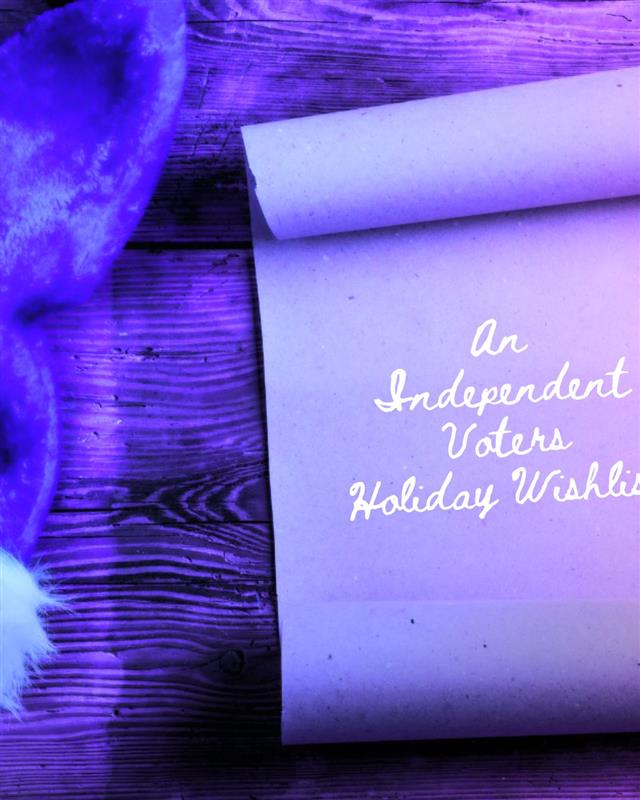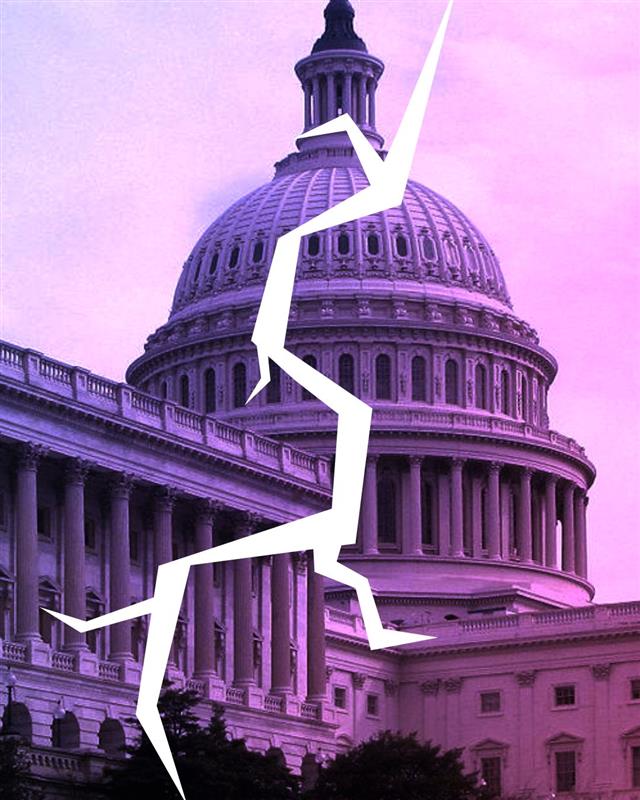New Independent Center polling shows key issues, voter sentiment, and approval trends.
The Big Picture
At the Independent Center, we polled 1,000 registered voters to gauge their attitudes heading into the 2024 elections. Our survey explored how independent voters relate to the election, the key issues on their minds, and their voting intentions. Join the movement to access the full survey data.
Zooming In
Candidate's Approval Ratings
When asked, “Do you approve or disapprove of the job the U.S. Congress is doing?” responses reflected widespread discontent:
- 63% of voters responded with either “somewhat disapprove” or “strongly disapprove.”
This data highlights voter frustration with Congress, suggesting anti-incumbent sentiment may play a significant role in the upcoming elections.

The Issues That Matter Most
We asked voters to rank the issues most important to them. The top concerns were:
- Economy (34%)
- Immigration (16%)
- Government (13%)
- Health Care (12%)
- Social Issues (10%)
- Environment (8%)
The dominance of economic concerns suggests that financial stability and job security remain top priorities for independent voters.

Candidate Sentiment
When asked, “If the Presidential election were held today, how would you vote if your options were Republican Donald Trump, Democrat Joe Biden, and Independent Robert F. Kennedy Jr.?” the responses were:
- Trump: 42%
- Biden: 39%
- RFK Jr.: 13%
The 13% supporting RFK Jr. represents a significant bloc of independent voters who are dissatisfied with the two-party system.

How RFK Jr.'s Supporters May Vote Down Ballot
When asked how they would vote for down-ballot candidates while supporting RFK Jr., voters responded:
- 19% would vote for more Republican candidates.
- 40% would vote for more Democratic candidates.
- 24% would vote for independent candidates.
- 17% were unsure.
This suggests RFK Jr.’s candidacy is drawing more support from Democrats than Republicans, but also indicates a notable independent voter bloc rejecting both major parties.

Independent Lens
Independent voters are dissatisfied with the current state of governance and are actively seeking alternatives. The data reveals a growing appetite for non-traditional candidates who can challenge the status quo.
As the 2024 election nears, independent voters will play a crucial role in determining outcomes at every level. Candidates looking to appeal to this group must address their economic concerns and frustrations with the two-party system.
Subscribe to our newsletter for more insights into the role of independent voters in the 2024 election.




%201.jpg)
